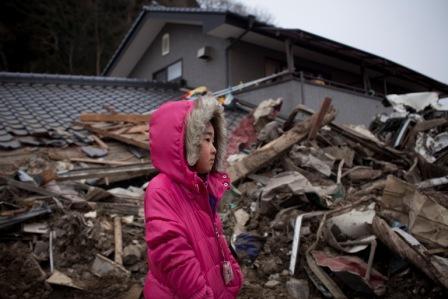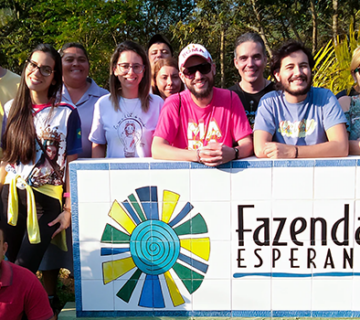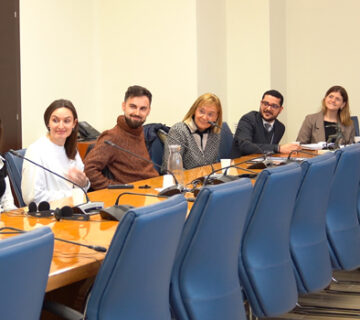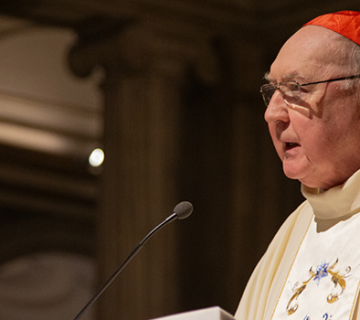Isabel shares her state of mind following the earthquake that hit her country, Ecuador, on April 16. The physical structures that fell – bridges, buildings, houses – invite us to feel the earthquake in our own souls as well, and to ask ourselves whether we really are peace builders? I’ve realised that suffering helps to unite us. I’d like to challenge everyone during in these difficult days, to convert and become bearers of hope and optimism, that we help one another to keep faith alive.” There are 587 confirmed dead, and the wounded are more than 8 thousand, with 25 thousand displaced persons. The numbers continue to grow and it is estimated that reconstruction will cost the country billions of dollars.
The Focolare Movement has begun a fundraiser for the Ecuador emergency, while they plan intervention on the ground.

“I travelled by car from Fukuoka, Japan to Kumamoto in search of my mother and relatives,” Father Giovanni Kimura reports. He comes from one of the hardest hit regions of Japan. “It’s usually a short hour and a half drive, but it took half the day. The highway was inaccessible and trains were blocked.” His mother was at a refugee centre, and other relatives were at another welcome centre, both school gymnasiums where hundreds of people are sleeping. The most serious problem is the lack of drinking water. Several regions of the city are still without water, but the welcome centres are equipped with basic necessities. The poplulation fears that the Aso Volcano will errupt, which is located between Kumamoto Province and Oita Province. An ash cloud has formed over the volcano and is spreading to the cities.” There have been 41 deaths in Japan, more than 1000 displaced persons and hundreds of aftershocks that still continue.
Geophysicists and volcanologists are questioning the connection between these two events, while civil leaders in both countries have mobilised to begin rebuilding and offer support to families and victims.
On their Facebook page the Youth for a United World (Y4UW) in Ecuador, who up to a few days ago were preparing for United World Week (UWW) in their country, are echoing the support effort that is currently underway: collecting blood, recruiting volunteers, recording needs and setting up bank accounts where donations can be made. “Sufferings, uncertainties, anguish, fear, ruins and so many questions: Eternal Father, what do you want of us? How are we building the ‘path to peace’? Does our daily life express brotherhood?” This is is experience of the moment for the young people and all the members of the Focolare Movement: “Discovering God as the greatest Love and then living the Gospel sentence: ‘Whatever you did to one of the least of these brothers and sisters of mine, you did it to Me’. At this moment, fraternity is more evident than ever, solidarity, love that overcomes all differences: rich, poor, members of the opposition, members of government, white, indigineous, mestizo and black. Even the people who have escaped without damage feel the pain of their neighbours as if it were their own. They write messages on the boxes of food that have been collected: “Be strong, we love you!” and on the boxes containing medicines, “Be strong,” “We’ll get through this.”
The young people decided to go ahead with United World Week doubling their efforts to offer some relief from the tragedy their country is going through. Estefania writes: “We have to keep moving, giving solutions to many people who feel helpless in front of this disaster. Now we realise that God had been preparing us through the year not so much for a United World Week as for facing this moment and bearing witness Gospel love, making “light shine over the ashes”, the light of the ideal of brotherhood as Focolare president Maria Voce wrote.
Maria Chiara De Lorenzo


 Italiano
Italiano Español
Español Français
Français Português
Português




No comment